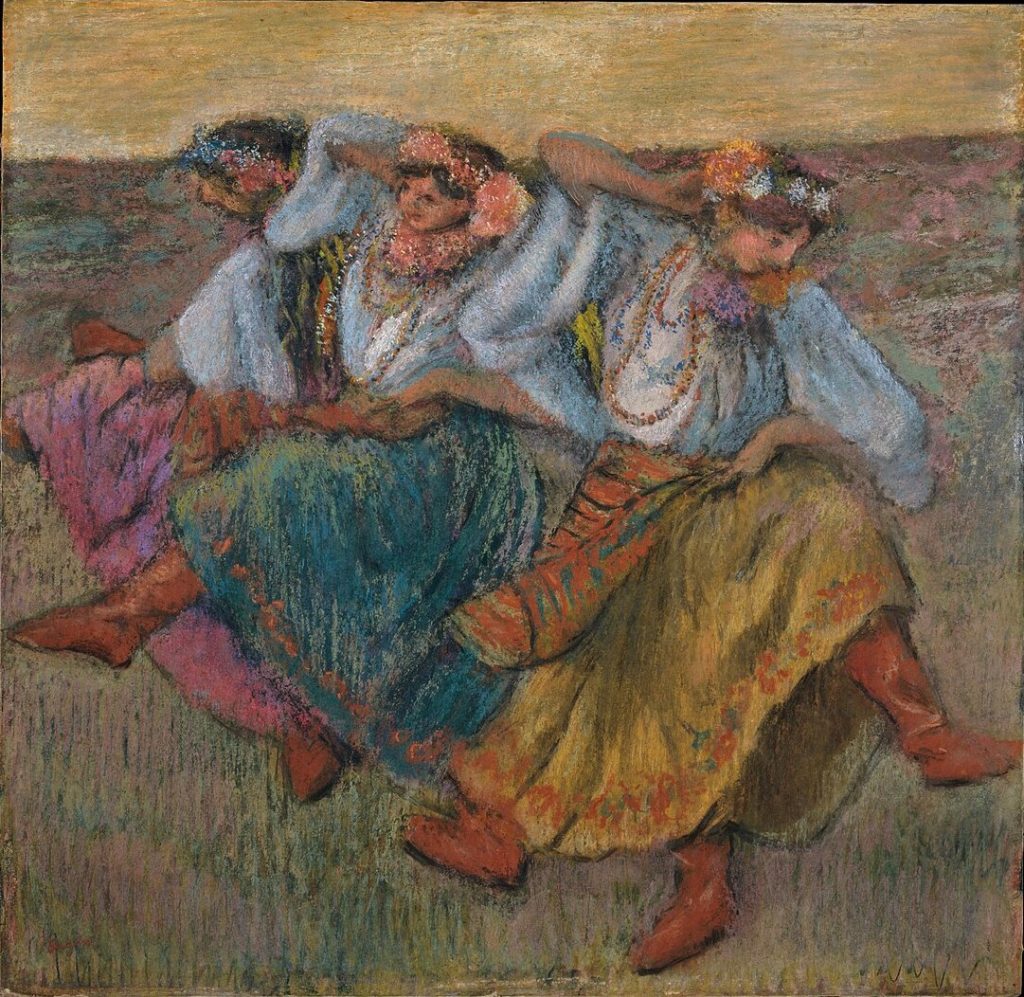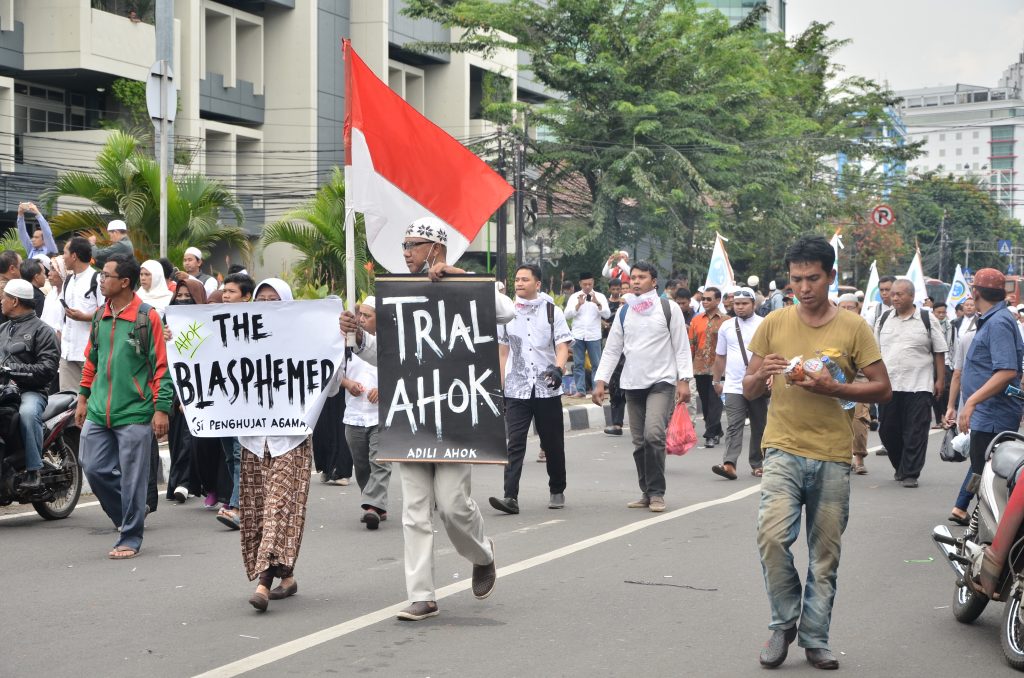This series aims to explore the roles of colonialism and decolonization in the interaction of law and religion.
Religion and religious institutions can be employed by the state to support its imperial expansion and facilitate the loyalty and cultural homogenization of colonized territories and populations. Historically, these processes are often combined with proselytizing the imperial religion. They can, however, also preserve some religious freedom or autonomy for the domestic population, as Stanislav Panin discusses regarding Russia’s colonization of Siberia and the role of the Russian Orthodox Church in that colonization.

Religion can also be an important factor in post-colonial social, political and legal developments. David Kenny and Peter McCarthy explain the role of Catholicism in Irish self-identification under and after British rule and the impact of Catholicism on the Irish post-colonial constitutional ethos. Andriy Fert and Dmytro Vovk show how Russian aggression against Ukraine has mobilized social demand for decolonizing Ukraine’s religious landscape by banning an Orthodox church allegedly affiliated with Russia. This demand has encouraged the Ukrainian government to develop legal tools to restrict religions connected to Russia in addition to the legislation “decolonizing” the public space and eliminating Russian / Soviet traces from public life, education, and culture.
Both the Irish and Ukrainian cases provoke the question whether utilizing religious identities as instruments of decolonization can be reconciled with religious tolerance and freedom of/from religion. While Ireland has already paved the way from endorsement of the Catholic Church and its doctrines toward a more liberal pluralistic society, Ukraine has yet to undertake the nontrivial task of squaring a triangle between the expectations of Ukrainian society, rule of law commitments, and international human rights.

Other contributors to this series address colonial legacies in post-colonial legal orders. Dicky Sofjan traces the Indonesian blasphemy law to Dutch colonial policies. Piotr Szymaniec demonstrates that the criminal-law protection of religious feelings provided by the Polish legal system is seemingly paradoxically a remnant of the Stalinist period when Poland was subordinated and, in many ways, colonized by the Soviet Union. Ana Cristina Melo de Pontes Botelho links the Brazilian Supreme Court’s religious freedom jurisprudence to Brazil’s deep Catholic religiosity and its representation in public spaces, which, in turn, is rooted in Portugal’s colonial past.
Posts in the Series:
Stanislav Panin. The Orthodox Church and Moscow’s Colonial Policies in Siberia
David Kenny and Peter McCarthy. Religion and Law in Ireland’s Post-colonial Nation-Building
Andriy Fert and Dmytro Vovk. Spiritual Independence, National Security, and Religious Freedom: Squaring a Triangle in the Case of the Ukrainian Orthodox Church
Dicky Sofjan. Decolonizing the Indonesian Penal Code
Piotr Szymaniec. Communist Law and the Protection of Religious Freedom in Poland
Ana Cristina Melo de Pontes Botelho. Portuguese Colonization, Catholic Faith, and the Relativization of Secularism in the Jurisprudence of Brazil’s Supreme Court
See also: Dmytro Vovk. Is Homocolonialism a Sound Argument to Advance Human Rights for LGBTQ+ People?
